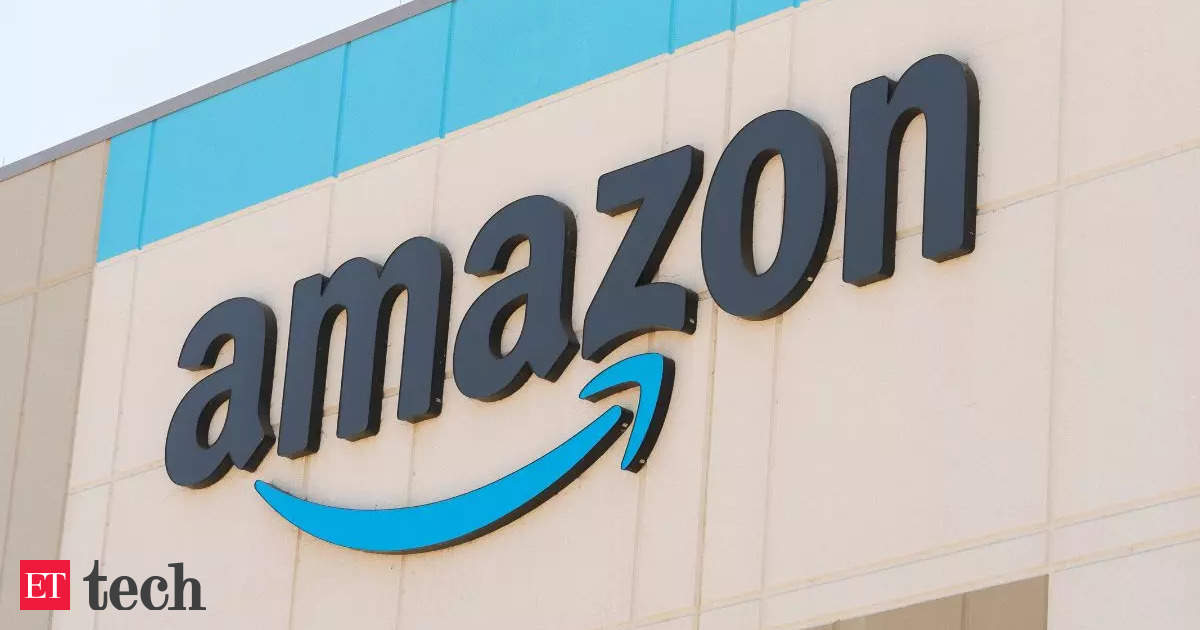In 2020, the Competition Commission of India (CCI) ordered an investigation into Amazon and Flipkart for allegedly promoting certain sellers with whom they had business dealings and giving priority to certain listings.
In a 1,027-page report on Amazon and a separate 1,696-page report on Flipkart, both dated August 9, CCI investigators said the two companies were found to have created an ecosystem in which preferred sellers appeared higher in search results, displacing other sellers.
“Each of the alleged anticompetitive practices… were investigated and found to be true,” said both reports, which are not public and are being reported by Reuters for the first time.
“Ordinary salespeople were left as mere database entries,” the two reports said, with identical conclusions about both companies.
Amazon and Flipkart, as well as the CCI, did not immediately respond to Reuters’ queries. They have previously denied wrongdoing and said their practices are in line with Indian laws.
Discover the stories that interest you
The two companies will now review the report and submit their objections before the CCI staff decides on possible fines. The findings of the investigation are the latest setback for Amazon and Flipkart in a country where they continue to face criticism over their business practices from smaller retailers, who say their business has suffered in recent years because of deep discounts offered online.
The investigation was triggered by a complaint from Delhi Vyapar Mahasangh, a group of brick-and-mortar retailers.
Amazon and Flipkart are leading players in India’s e-retail market, which is estimated to be worth $57-60 billion in 2023 and will surpass $160 billion by 2028, according to estimates by consultancy firm Bain.
In the United States, the Federal Trade Commission has sued Amazon, alleging that the company uses “anticompetitive and unfair strategies to illegally maintain its monopoly power.” Amazon has said the FTC’s lawsuit is misguided and would harm consumers by leading to higher prices and slower deliveries.
PREFERENTIAL LISTING, DEEP DISCOUNT
Indian investigators raided certain Amazon and Flipkart sellers during the probe, following a Reuters investigation in 2021 that relied on internal Amazon documents and showed the company gave preferential treatment for years to a small group of sellers on its platform and used them to circumvent Indian laws.
The company has denied wrongdoing, but the CCI previously told an Indian court that the Reuters special report corroborated the evidence it had against Amazon.
The CCI research report on Amazon claims that preferred sellers on the platform “gain listing advantage” and when a customer searches for any product, “their attention is drawn to” those listings.
The practice of preferential listings and deep discounts on mobile phones – including selling products below cost price – has a “catastrophic impact on existing competition in the market”.
In the report on Flipkart, the CCI said the preferred sellers were provided with various services such as marketing and delivery at a “minuscule cost”. Flipkart also allowed them to sell phones at deep discounts, which amounts to “predatory pricing” and excludes competition, the CCI said.
“Anti-competitive practices are not limited to the sale of mobile phones. They are equally prevalent in other product categories,” both reports state.
Flipkart and Amazon tried for months to block the investigation through legal challenges in court, but in 2021 the Supreme Court allowed it to go ahead.
Last month, India’s commerce minister publicly criticized Amazon, saying the company’s investments were often used to cover its business losses.
In June last year, Amazon announced that it would increase its investment in India to $26 billion by 2030, including for its cloud business. It also aims to export $20 billion worth of goods from India by 2025.
Disclaimer:
The information contained in this post is for general information purposes only. We make no representations or warranties of any kind, express or implied, about the completeness, accuracy, reliability, suitability or availability with respect to the website or the information, products, services, or related graphics contained on the post for any purpose.
We respect the intellectual property rights of content creators. If you are the owner of any material featured on our website and have concerns about its use, please contact us. We are committed to addressing any copyright issues promptly and will remove any material within 2 days of receiving a request from the rightful owner.


